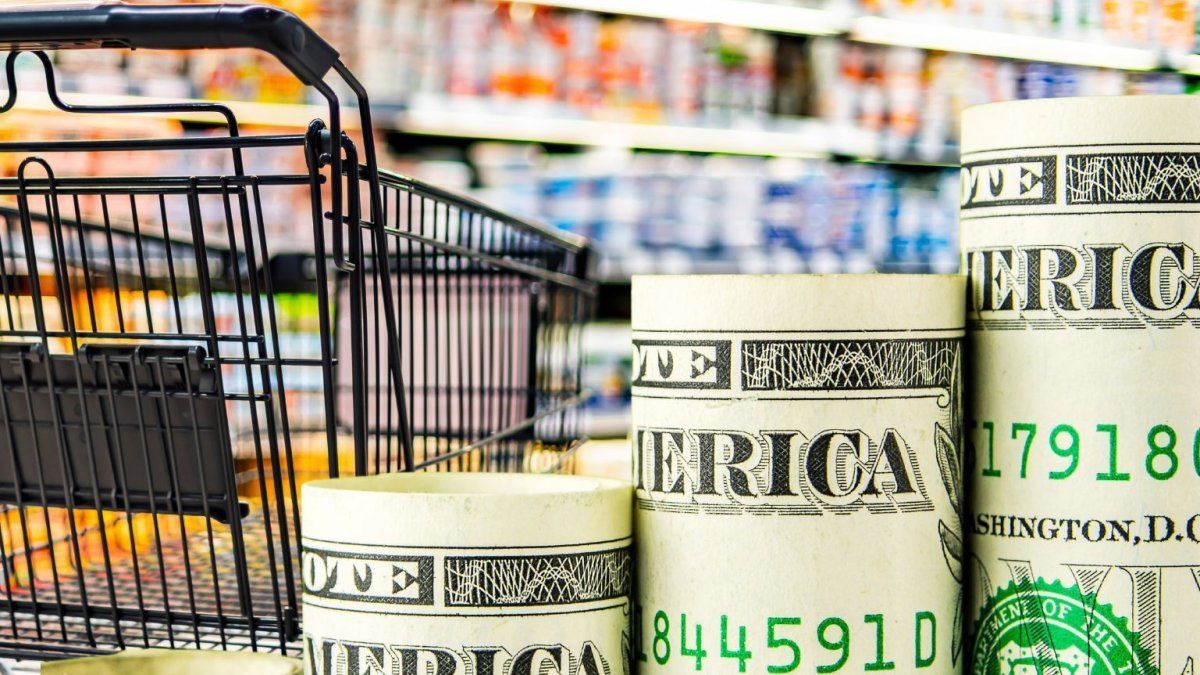According to the EU Commission, 80 percent of habitats are in poor condition. A large climate protection package is to counteract this – that also calls critics into action …
The EU Commission has presented a comprehensive package for more environmental and climate protection, which, among other things, is intended to halve the consumption of pesticides by 2030.
Another project presented aims to restore damaged natural landscapes: drained moors are to be wetted again and forests are to be reforested. Another goal: more green in cities too.
Restoring wetlands, rivers, forests, marine ecosystems, but also nature in urban environments is a crucial investment in food security, health and well-being, the Brussels authority said. Around 80 percent of European habitats are in a poor condition.
The first nature conservation law in over 20 years
Both projects must now be discussed by the European Parliament and the EU states. If both institutions have found a compromise, they can become applicable law.
More mixed forests are to be created for renaturation and five percent more green spaces in cities by 2050. 70 percent of the drained, agriculturally used moor areas are also to be restored by then.
Green MEP Jutta Paulus welcomed the project. “The EU renaturation law is the first nature conservation legislation in more than 20 years. And in view of the ongoing extinction of species, it was high time to take countermeasures,” she said.
As early as 2020, the EU Commission presented the goal of reducing the use of pesticides by 2030. On Wednesday, she presented the concrete legislative proposal. The basis for the halving of pesticides is the average quantity sold in 2015, 2016 and 2017.
Collapsed in front of the agricultural lobby?
Differences between EU countries should be taken into account in the pesticide regulations. States that already have strict rules would have to reduce consumption less than those that use a lot of pesticides. According to the EU Commission, the lower limit is a reduction of 35 percent. The authority reserves the right to intervene if a national target is not ambitious enough.
According to the Commission, pesticides can be saved by developing and using alternative pesticides and by expanding organic farming. Another option is to take more dangerous pesticides off the market.
The EU Commission originally wanted to present the project in March. However, this was postponed because of the Russian war against Ukraine. Critics have therefore accused the Commission of giving in to the agricultural lobby, which is critical of the project.
Timmermans: No excuses
The CDU MP Norbert Lins complained on Wednesday that the proposals were not further postponed. In view of the war, the need of the hour is to increase production. He fears that the measures could result in less food being produced in the EU. The German Farmers’ Association made a similar statement.
The EU Commission replied that there were numerous studies showing that farmers could reduce pesticides and save money without jeopardizing crop yields. Commission Vice-President Frans Timmermans said some would use the war as an excuse to criticize the project. He also said that if we don’t change our way of life, we will kill ourselves.
Karsten Specht, Vice President Water of the Association of Municipal Enterprises (VKU), whose members supply most of Germany with drinking water, welcomes the project. “The more concrete and binding the measures are, the better for the protection of water and the drinking water supply,” he said.
Source: Stern
David William is a talented author who has made a name for himself in the world of writing. He is a professional author who writes on a wide range of topics, from general interest to opinion news. David is currently working as a writer at 24 hours worlds where he brings his unique perspective and in-depth research to his articles, making them both informative and engaging.




